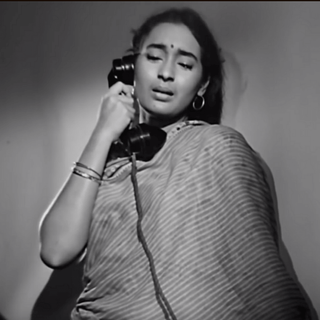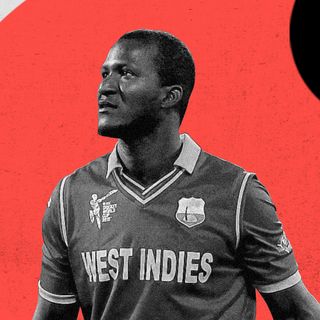In this series, we dig into our strange phobias, fixations, and neuroses, and ask ourselves — Is This Normal?
I have never been able to fathom people’s obsession with roller coasters. I know this is an unpopular sentiment, but I simply don’t see the point of deliberately, and very cheerfully, putting my life at risk, willingly going through the anxiety and fear of losing my life and limbs while being suspended upside down hundreds of feet in the air, and then, rejoicing the fact that I survived this dangerous two-minute ordeal that I voluntarily signed up for — provided, of course, that I do survive it.
While the element of thrill presented by giant, life-threatening rides is lost on me, in an attempt to fit in with my peers, and to understand why roller coasters are such a big deal, I have subjected myself to a couple of rides — only to realize at the end of the tracks just how incredibly, yet benignly, masochistic they are. The journal Judgment and Decision Making defines benign masochism, or a “safe threat,” as “enjoying initially negative experiences that the body (brain) falsely interprets as threatening.” Eventually, “the realization that the body has been fooled, and that there is no real danger, leads to pleasure.” Among noted examples of this phenomenon are eating painfully spicy chili-peppers, watching sad or scary movies, and, of course, going on roller coaster rides.
To break it down further, roller coaster rides give the body an adrenaline rush leading to a surge in wakefulness and alertness — leading one to feel more alive. And, when the ride comes to an end, like most adventure sports, people on the ride have enhanced levels of endorphins, a euphoria-inducing chemical that produces feelings of intense pleasure.
However, not all humans produce the same amount of endorphins, and therefore, people also derive varying degrees of pleasure from the rides — it’s just not as fun for some of us. Studies have also shown that people with lower levels of dopamine, yet another feel-good hormone set off by pleasurable activities, venture away from thrill-seeking activities like roller coaster rides.
Related on The Swaddle:
Is This Normal? “I Pick at My Skin Regularly Until it Bleeds”
In addition, cortisol, the stress-inducing hormone, is also triggered by roller coasters. But, experts believe that this is good stress, or “eustress,” which individuals experience when faced with a fun challenge like a roller coaster ride. In fact, a 2007 study by Dutch psychologists found that thrill-seekers on roller coasters perceive this stress in a positive way. However, the concept of eustress in terms of roller coasters is based on the premise that people find roller coasters fun, and similarly, the volunteers in the Dutch study were also people who enjoy roller coaster rides.
Not everyone finds the prospect of roller coasters enjoyable, to begin with — which could lead to the experience of stress not necessarily being positive for them. And just like people produce varying levels of endorphins and dopamine, the amount of cortisol generated can also differ from person to person. And, while there are no studies specifically examining whether varying levels of the hormone can act as a deterrent to roller coaster rides for some, it does seem plausible — speaking from personal experience, I find roller coaster rides awfully stressful.
Interestingly, I recently came across a whole Wikipedia page dedicated to ‘Roller Coaster Phobia’, and a rarely used, albeit existent, term for it: coasterphobia, which was defined as an anxiety condition. Evidently, the sum total of negative feelings of humankind towards roller coasters ranges from mere aversion to extreme fear. And, experts believe that those at the fear-end of the spectrum often have an underlying fear of either heights, or closed spaces, or vertigo, or simply, even vomiting, that makes roller coasters scary to them. Some, on the other hand, don’t fear the roller coaster itself, but instead worry about having embarrassing reactions to the coaster like screaming, cringing or puking.
Hopefully now, with social distancing being the order of the day, peer-pressure will not lead us onto roller coaster rides anytime soon — and that’s where my solace lies, for the time being.




